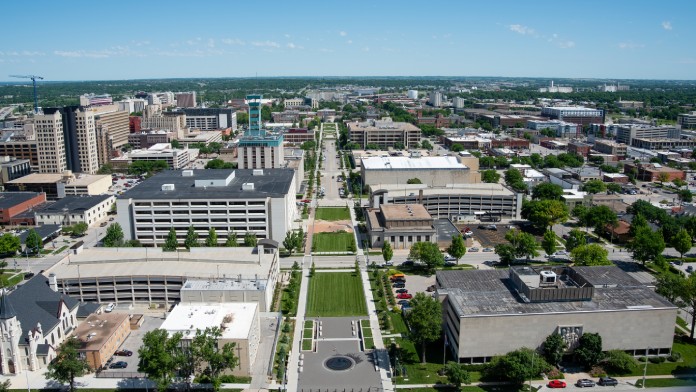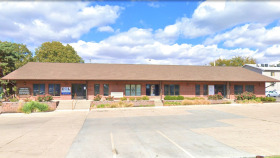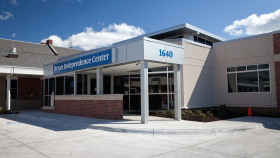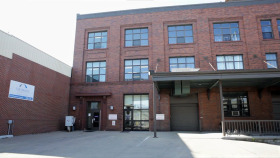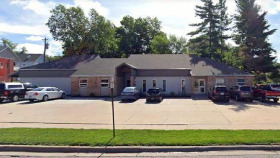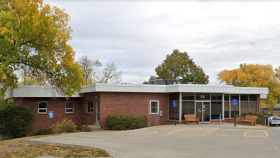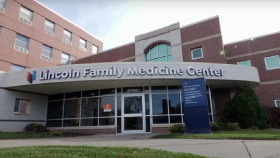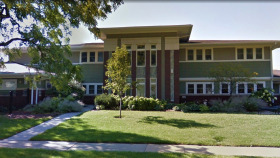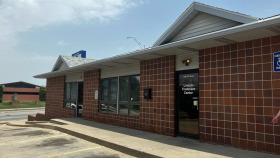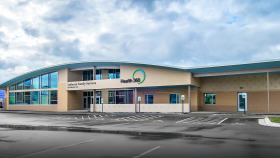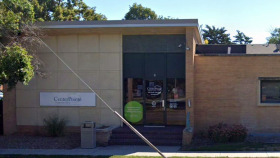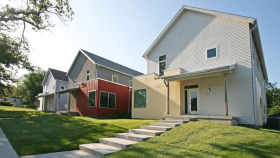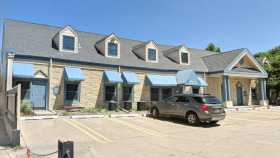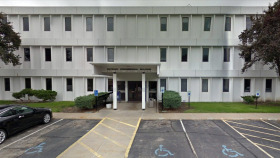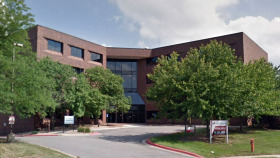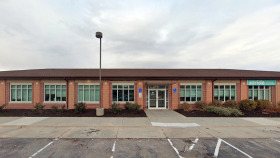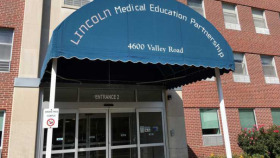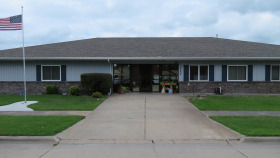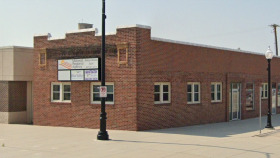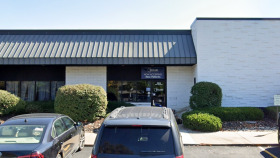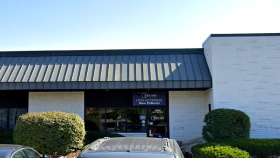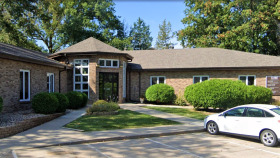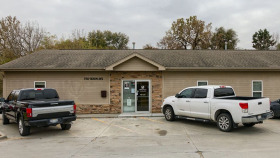Expert Insights
Lincoln has seen more than its fair share of drug overdose deaths in recent years. More and more of these deaths are due to fentanyl. In 2019, 33% of opioid deaths involved this powerful drug. By 2021, that number was up to 95%. Fortunately, in August of 2021, the Lincoln-Lancaster County Health Department issued a Health Alert, after the police department responded to 50 overdose case in 30 days. Lincoln also offers crisis hotlines and locations that provide free naloxone. These efforts seemed to help, since the city’s overdose rate decreased somewhat in 2022, after three straight years of increases. It’s good to see the city stepping up with effective efforts that will prevent future tragedies.
~ Kerry Nenn
How Expensive is Drug Rehab in Lincoln?
Several variables affect the cost of going to alcohol or drug rehab in Lincoln. Some factors that will help determine your overall treatment costs include:
Treatment setting (outpatient is typically less costly than inpatient because it doesn’t involve room and board)
Rehab facility amenities (treatment centers that offer luxury accommodations/services typically cost more than those that provide standard amenities)
Program length (a 30-day program will generally be less expensive than a 90-day program)
Whether you have health insurance that partially or fully covers behavioral health care
The type of insurance a particular rehab facility accepts
Whether a particular facility receives donations or government funding, which may help reduce the cost of treatment
Type of care (dual-diagnosis treatment, medication-assisted treatment (MAT), and other specialty services may increase the cost of your care)
Although many see the high cost as a barrier, finances shouldn’t stop you from getting the help you need. Several Lincoln drug rehabs offer various forms of financial assistance that can help cover your expenses. The city is also home to a few facilities that provide services at little to no cost for people with limited income.
How Does Lincoln Compare in Alcohol and Drug Use?
The capital city and second-most populous city in Nebraska, Lincoln is home to more than 300,000 residents. But like so many other cities in the U.S., Lincoln is no stranger to the opioid epidemic sweeping the country. In 2021, investigators with the Drug Enforcement Administration Omaha Division, Lincoln Police Department, Omaha Police Department, and Nebraska State Patrol alerted the public to an increase in fentanyl-related overdose deaths. If you or someone you love is battling addiction, there are over 20 accredited alcohol and drug rehab centers in Lincoln that can help put you on the path to recovery.
Lincoln is the county seat of Lancaster County, Nebraska, where 16% of the state’s opioid-related overdoses occurred in 2019. Other drug and alcohol use statistics of note in the Lincoln area include:

In 2015, roughly 24% of Lancaster County teens reported consuming alcohol at least once per month.

More than 17% of Lancaster County teens reported using marijuana at least once per month in 2015.
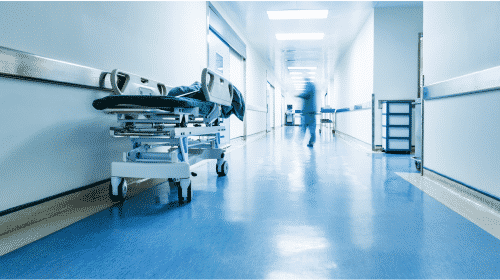
Between 2013 and 2015, nearly 10 out of every 10,000 Lancaster County residents were hospitalized for drug-related reasons.

In 2019, 35% of all heroin overdoses in the State of Nebraska took place in Lancaster County.
Alcohol and Drug Laws in Lincoln
Nebraska Good Samaritan Law: Under Nebraska statute 28-472, if you call 911 for yourself or someone else during a suspected overdose, you have immunity from arrest or prosecution for drug-related charges. However, you must remain at the scene of the overdose until emergency medical personnel or police arrive. You must also cooperate with medical personnel or the authorities to maintain immunity from criminal liability.
Naloxone Access: Under Nebraska statute 28-470, you may obtain naloxone from a health professional or a pharmacy if you may be in a position to assist a friend, family member, or other person during a suspected overdose. If you administer naloxone to someone experiencing an overdose, you cannot be arrested or prosecuted for doing so under this law.
With so many accredited alcohol and drug rehab centers in Lincoln to choose from, selecting the right program for your unique needs and budget can feel overwhelming. If you need assistance, call
800-681-1058
(Sponsored)
.
Resources
- Lincoln, Nebraska Population 2021 (Demographics, Maps, Graphs). (n.d.). Worldpopulationreview.com.
- Fentanyl Related Overdose Deaths Spike in Lincoln and Omaha. (n.d.). Www.dea.gov.
- City of Lincoln Nebraska. (n.d.). Overdose Prevention.
- Lancaster County Crisis Center. (2020, August 3). Mental Health Crisis Center of Lancaster County.
- Substance Abuse and Mental Health Services Administration. (2022). Treatment Locator Map.
- National Institute on Drug Abuse. (2020, June 1). Contingency Management Interventions/Motivational Incentives (Alcohol, Stimulants, Opioids, Marijuana, Nicotine).

